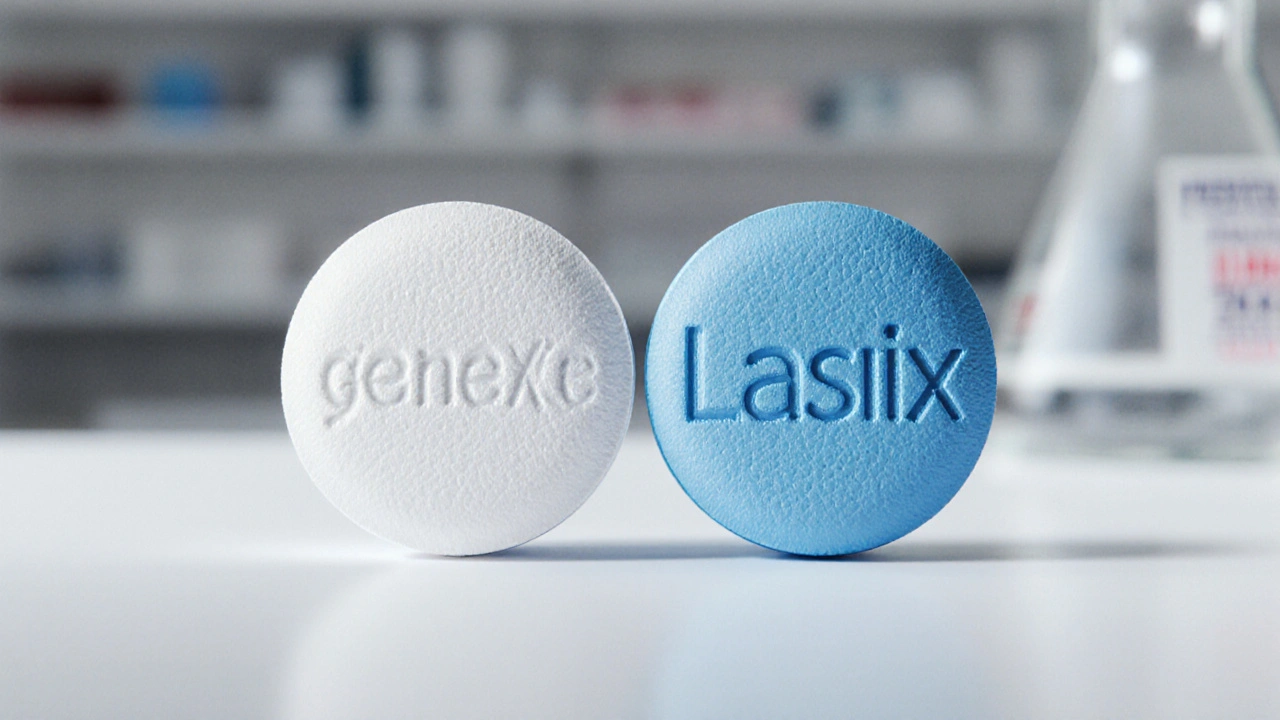Heart Health Guides: Meds, Conditions, and Everyday Tips
Keeping your heart in shape doesn’t have to feel like a science lab experiment. Whether you’re looking for plain‑language drug facts, simple ways to lower blood pressure, or quick answers on supplement safety, this page pulls it all together. Think of it as a toolbox you can open whenever a heart‑related question pops up.
Common Heart Medications
Prescription pills for the heart come in several families, each working a different way. ACE inhibitors, like Capoten (captopril), block a hormone that tightens blood vessels, letting blood flow more easily. Our Capoten guide breaks down why doctors prescribe it for high blood pressure and heart failure, how to start with a low dose, and what to watch for—like a persistent cough or dizziness.
Beta‑blockers (e.g., metoprolol) slow the heart’s rhythm, which can ease chest pain and reduce the risk of a second heart attack. Calcium‑channel blockers (like amlodipine) relax artery walls, helping lower systolic pressure. Diuretics—commonly called water pills—help the body shed excess fluid, easing strain on the heart.
When you start any new medication, ask your pharmacist about possible interactions. For example, combining ACE inhibitors with potassium‑rich supplements can raise potassium levels too high, leading to muscle weakness or heart rhythm changes. Knowing the signs—muscle cramps, irregular heartbeat, or swelling—helps you catch problems early.
Living a Heart‑Smart Lifestyle
Medication works best when you pair it with habits that support heart health. Cutting back on salty foods isn’t just a diet fad; excess sodium makes the kidneys hold onto water, raising blood pressure. Aim for the “dash of salt” rule—use about a quarter teaspoon per day, or even less if you’re already on a blood‑pressure pill.
Regular movement doesn’t require a marathon. A brisk 30‑minute walk most days of the week can drop systolic pressure by 5‑8 mmHg. If you’re new to exercise, start with short bouts—10 minutes at a time—and gradually build up.
Stress spikes can make your heart work harder for no good reason. Simple breathing exercises, like inhaling for four counts, holding for seven, and exhaling for eight, lower heart rate in minutes. Try it before a stressful meeting or after a tough day.
Sleep matters, too. Poor sleep raises stress hormones, which can raise blood pressure. Aim for seven to nine hours of uninterrupted rest, and keep screens out of the bedroom to improve sleep quality.
Finally, keep a list of every medication, supplement, and over‑the‑counter product you take. Update it whenever your doctor adds or changes a prescription. Sharing this list with your pharmacist or primary‑care doctor helps prevent harmful combos.
Heart health isn’t a one‑time fix; it’s a series of small, consistent choices. Use the guides on this page to stay informed about the drugs you’re prescribed, spot side effects early, and build daily habits that let your heart pump easy. Got a question about a specific medication or a symptom you’re unsure about? Look up the relevant article or ask a healthcare professional—knowledge plus action is the best recipe for a stronger heart.
Licorice root can drastically reduce the effectiveness of blood pressure medications by raising sodium retention and lowering potassium. Even small daily amounts can cause dangerous spikes in blood pressure, especially when combined with common drugs like lisinopril or amlodipine.
After hospital discharge, medication errors are common and dangerous. Learn how proper reconciliation - led by pharmacists - prevents readmissions, avoids deadly interactions, and ensures you take the right drugs at the right dose.
Statins are safe and beneficial for people with nonalcoholic fatty liver disease (NAFLD). Learn why liver enzyme levels shouldn't block statin therapy and how these drugs reduce heart risk and may even protect the liver.
DOACs are effective blood thinners but require precise dosing adjustments in kidney disease to prevent bleeding or clots. Apixaban is safest in renal impairment, while others carry higher risks. Always use Cockcroft-Gault, not eGFR, to calculate kidney function.
Vitamin D doesn't prevent statin muscle pain, despite widespread belief. Learn what the latest research says about interactions, which statins matter most, and what to actually do if you're experiencing side effects.
Learn how to accurately monitor kidney function in seniors to prevent dangerous medication overdoses. Discover which eGFR equations work best for older adults and what tests your doctor should order.
Learn how to exercise safely while taking amiodarone. Discover the best activities, warning signs to watch for, and practical tips to stay active without risking your heart health.
A detailed comparison of Amiodarone (Cordarone) with top anti‑arrhythmic alternatives, covering mechanisms, side effects, monitoring, and when to consider catheter ablation.
Learn how to purchase cheap generic atenolol online, understand pricing, safety tips, side effects, and compare it with brand options for effective heart health care.
Clear, practical guide to Capoten (captopril): what it’s for, how to take it, doses, side effects, interactions, and safety tips for 2025. Australia-focused, people-first.
















